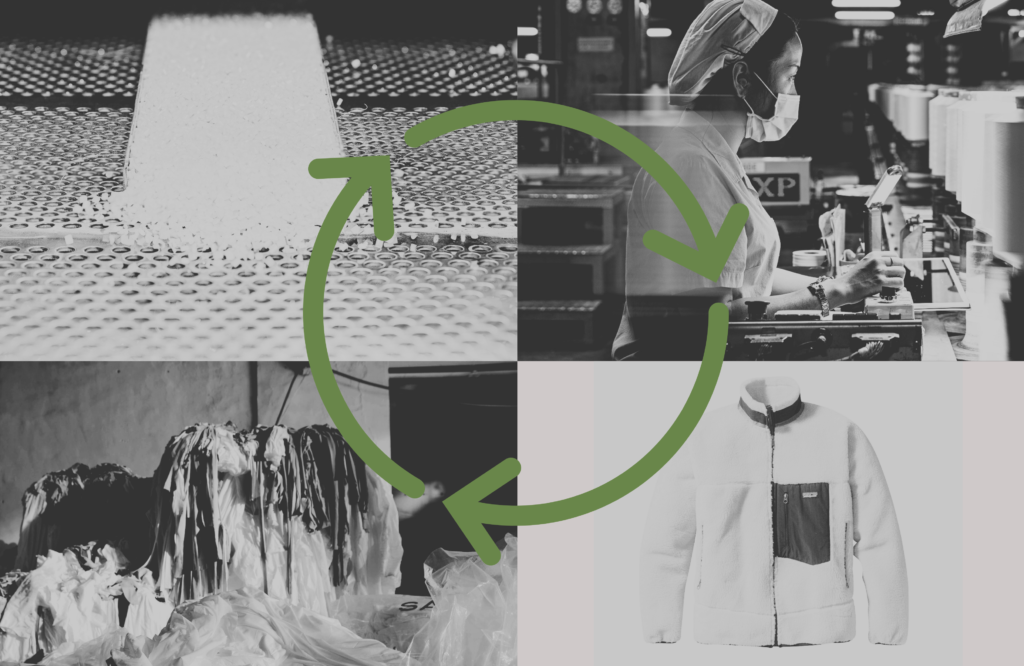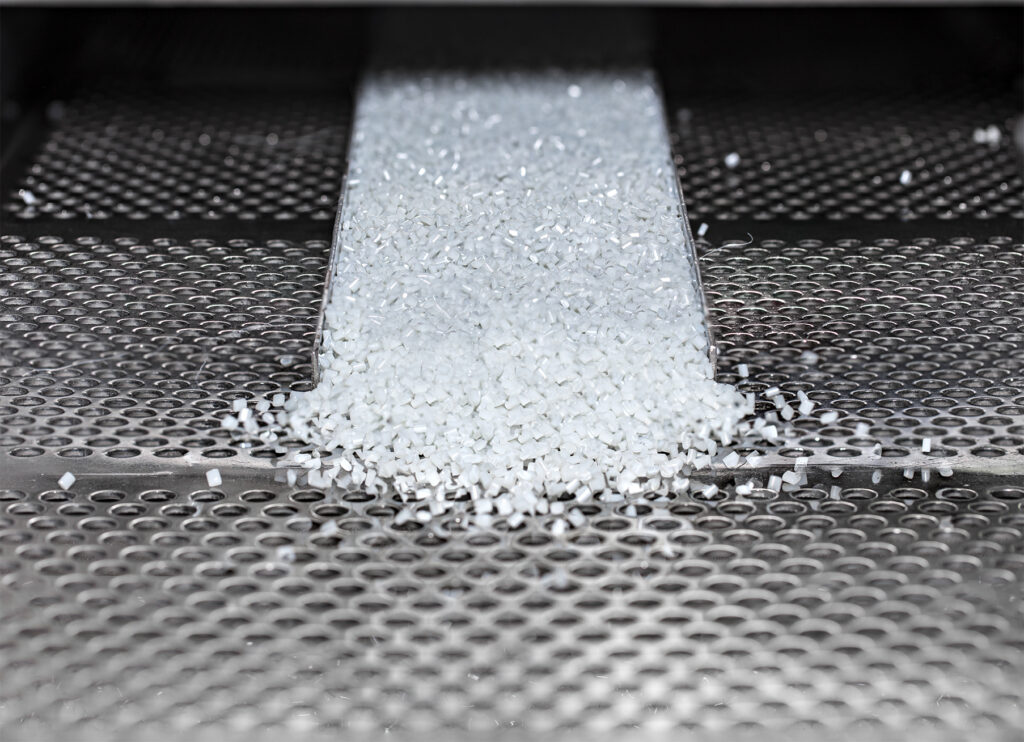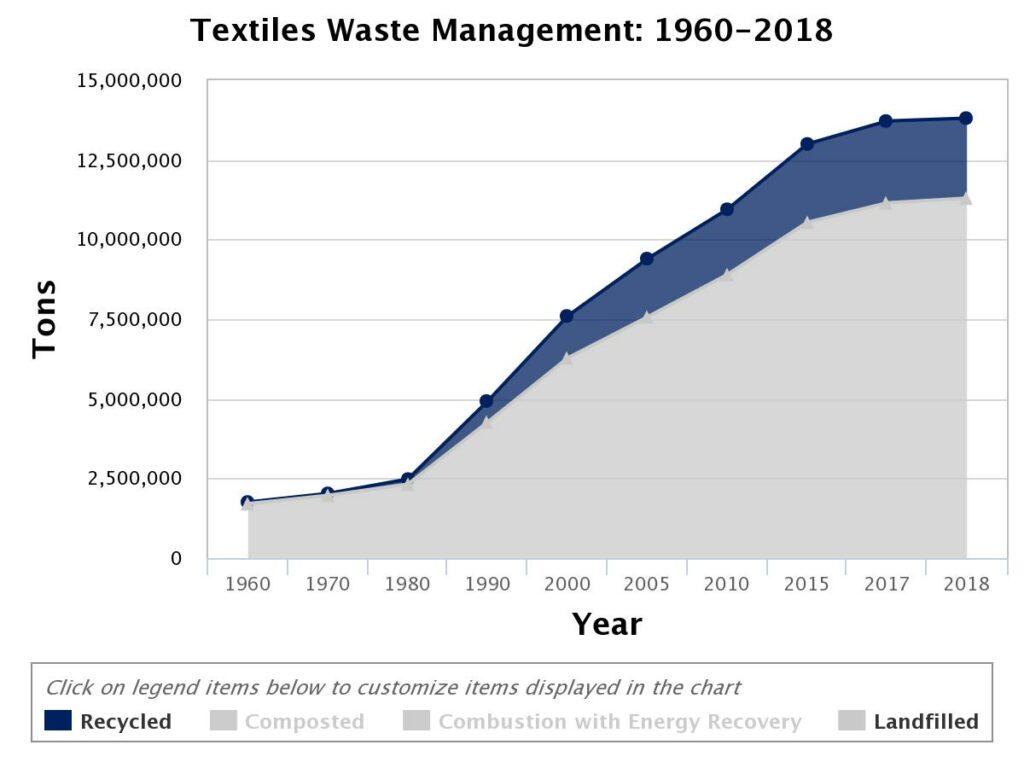RENEWAL KNOWLEDGESustainable Innovations
September 24, 2021
Are there disadvantages of recycled polyester?
The Disadvantages of Recycled Polyester and How to Solve It?
You probably already know the advantages of recycled polyester. In terms of quality, recycled polyester fiber performs just as well, if not better, than virgin polyester. It’s durable and sustainable. And, it typically requires less energy and carbon emissions to manufacture. But are there disadvantages of recycled polyester? The answer is: yes and no.

Let’s take a look at a few of the common concerns people have about recycled fabric (and how to overcome them).
Cost of recycled polyester
One possible disadvantage of recycled polyester is the advanced technologies manufacturers use to create recycled fabric can be more costly than virgin polyester, but not always. It depends on several variables. For example, if you compare the cost of recycling with the environmental cost of virgin plastic, the winner is recycled fabric.
Virgin polyester production requires fossil fuels (petroleum). It strains our planet’s natural resources and biodiversity. On the other hand, recycled polyester reduces our dependency on these resources. A 2017 research study found that manufacturing rPET generates 79% less carbon emissions than producing virgin material. So, using recycled polyester can help corporations meet their climate targets — which benefits the environment, the business, and the consumer.
But there are other costs to consider too. Some big cities are finding that the cost of recycling plastic is less than the cost of disposal. A study from the University of California estimated that cities like Los Angeles and San Francisco benefit economically from recycling instead of dumping. The savings are as much as $200 per ton. Recycling reduces the amount of land the city requires for waste management. Over time, those cost savings really add up.
Availability of recycled polyester
Some companies and consumers are concerned about the lack of availability of recycled polyester fabric. In the past, it was much easier to find virgin polyester fibers and pellets. But that trend is shifting. As consumer demand for sustainable plastic grows, it has generated a shift in businesses and manufacturing practices.

Availability is also related to cost. The cost of virgin PET plastic rises with the rise in global oil and petroleum prices. Trade magazines such as Plastics News have observed that the cost of virgin pellets is starting to climb higher than the cost of recycled pellets. This means fiber mills may have easier access to recycled materials. In turn, recycled polyester fiber will become more widely available to meet consumer demand.
Circularity of recycled polyester
Recycled polyester is very durable and sustainable. But, consumers still need to know what to do with their worn-out recycled clothing. They could donate it to someone else and extend its life, or find garment recycling centers so that it doesn’t end up in a landfill. Some clothing brands offer recycling or buy-back programs to increase circularity.
Yet, one of the disadvantages of recycled polyester is most polyester fabric can only be recycled so many times before it reaches the end of its life cycle.
The circularity of a garment largely depends on the recycling method. If the polyester undergoes mechanical recycling, machines wash and shred and turn the fabric into polyester chips. Factories then melt and transform the chips into new fibers. During this process, however, the fiber can lose its strength, especially if it’s a blend of other fabrics like cotton. As a result, recyclers will mix the recycled chips with virgin polyester.
However, during chemical recycling or advanced recycling processes, manufacturers break down recycled polyester to the molecular level. This preserves the integrity of the original polyester monomer and makes it easier to create new fibers that are just as strong as the original. No need to mix in virgin materials.

So, the answer to the concern about circularity is simple: advanced recycling techniques will keep polyester fibers and garments in use much longer. In time, brands and consumers will find that this is the most cost effective and convenient option too.
The bottom line? Soon, the perceived disadvantages of recycled polyester will fade away, thanks to technology and accessibility.
To learn more about our recycling methods, contact change@sayarenew.com
Follow SAYA